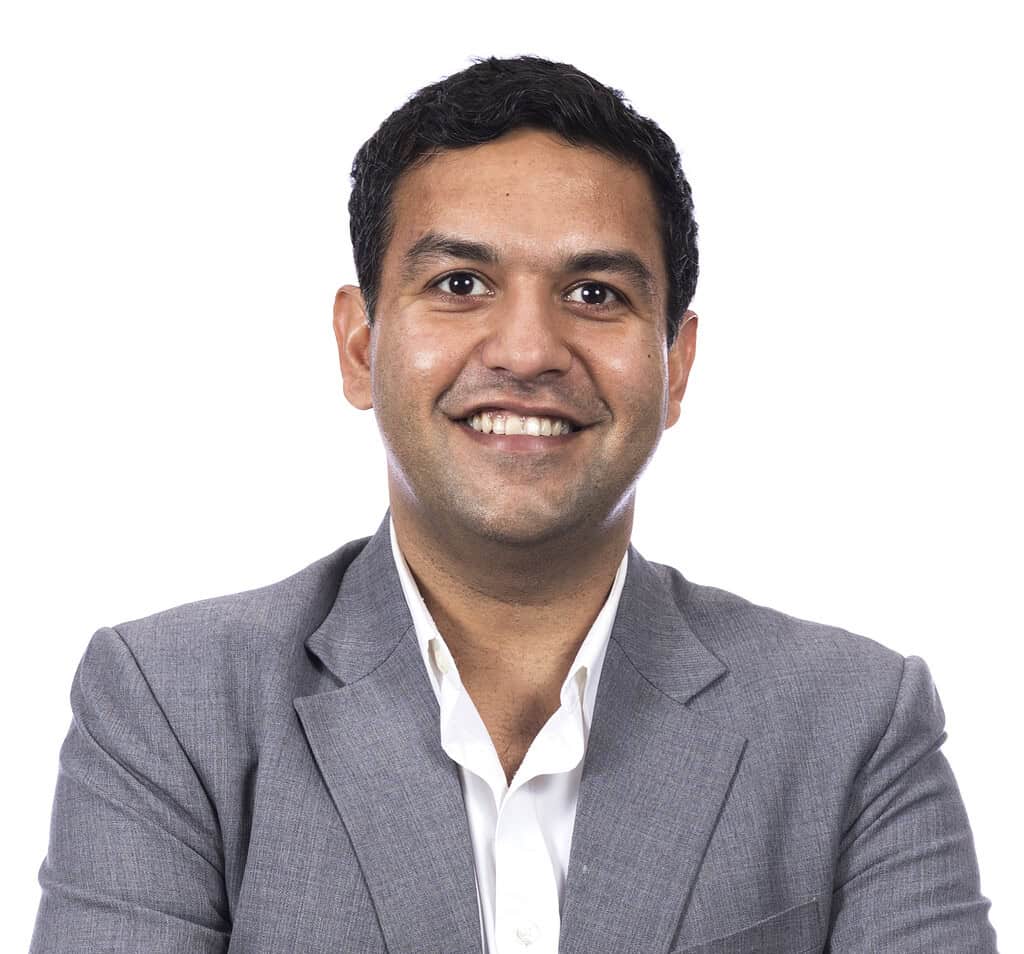The winning party in November’s election will need to navigate growing social turmoil as the island nation seeks to become a global financial center.
Elections in Africa are often contentious and disruptive to the socioeconomic order. Mauritius has evaded this rocky path and remains a beacon of democracy, hoping to maintain that pattern ahead of general elections on November 30. But growing discontent has the small island nation east of Madagascar on edge.
In 2022, large numbers of people living in low-income neighborhoods took to the streets over high fuel prices. Since then, the capital, Port Louis, and other major cities have been rocked by protests over unemployment, the cost of living, corruption, and the mishandling of an oil spill off the country’s coast.
Mauritius is going to the polls just as the economy is losing steam after years of sustained GDP growth. In 2023, GDP expanded 7%; it is forecast to grow more slowly at 6.5% this year before moderating to 4.9% in the medium term. Dissatisfaction is deepening among the population of 1.3 million, many of whom now feel the country is heading in the wrong direction.
That makes the 2024 elections a referendum on incumbent Prime Minister Pravind Kumar Jugnauth as he seeks a new five-year term.

and perhaps even politically.
“Mauritius is at a crossroads economically—and perhaps, even politically,” says Pritish Behuria, associate professor at the University of Manchester’s Global Development Institute, as infighting among political parties and lack of a clear governing plan will create an even rougher road for the winning party.
BMI Research reckons that owing to a split within the opposition coalition, Jugnauth’s ruling Militant Socialist Movement (MSM) party could sail to victory. If MSM prevails, it will be charged with bringing further diversification to an economy that has evolved from dependence on sugar, fisheries, tourism, textiles and apparel to, currently, financial services.
The growth slump comes as the government struggles with multiple social challenges, including an aging population—pensioners constitute over 20% of the population—a moderately high unemployment rate of 6.1% and widening income inequality.
The pension burden weighs heavily on the public coffers and is bound to worsen following the government’s move, in its 2024-2025 budget, to pacify retirees by doubling monthly payments to $346 for those above 65 and $380 for those above 75. Exacerbating the drain on the treasury is a public debt that remains high at 74.5% of GDP, despite declining from 80.2% a year ago.
“Mauritius’ economy is under strain and new strategies for sustainable development are needed,” argues Adam Moolna, lecturer in Environment and Sustainability at UK’s Keele University.
The government acknowledges the need for economic diversification. However, the country lacks the headroom to mobilize the massive resources required to open new frontiers of growth, such as in maritime and renewable energy. Among other items, $6.5 billion, a large sum for the country, is required for energy transition.
Restoring Growth
Given limited resources, the government is opting for pragmatism. In his budget speech, Renganaden Padayachy, minister of Finance, Economic Planning and Development, said its immediate focus, should it remain in office, will be increasing the productivity of sectors that currently form the island’s pillars of economic prosperity.
Case in point is manufacturing. Over the past two years, the sector has posted doubt-digit growth, expanding by 10.4% in 2022 and 12.9% in 2023. With the value of exports currently at $2.1 billion, the Jugnauth government’s target is to increase exports to $3.2 billion annually.
Financial services pose a more doubtful prospect after posting muted growth of 4.4% last year. For a country that harbors ambitions to build a vibrant international financial center, this falls far below its goals and has prompted calls to recalibrate. In March of this year, a new law went into effect designed to bolster the nation’s image as a jurisdiction committed to rigorously combating financial crimes.
Touted as one of the most ambitious legal reforms in recent years, the new law establishes a Financial Crime Commission (FCC) whose responsibilities will be detecting, investigating and prosecuting financial crimes.
“The law demonstrates commitment to maintaining a transparent, secure and compliant financial environment,” says Devalingum Gopalla, a partner at global law firm Dentons. Mauritius was removed from the Financial Action Task Force gray list in 2021 after addressing deficiencies in its anti-money laundering and counter-terrorism financing framework, Gopalla notes, and the FCC will be instrumental in enhancing the country’s financial integrity and restoring investor confidence.

Attracting foreign direct investment remains paramount in propelling growth. Last year, the country reached an investment rate of 23.5% on inflows of $800 million, amounting to 5.7% of GDP. This year, Padayachy said, the government is targeting an investment rate of 25% and inflows of $865 million.
“Mauritius has proved to be an ideal jurisdiction for businesses aiming to innovate, scale and remain competitive in a dynamic global economy,” says Gopalla, who is based in Mauritius. But ensuring continuing FDI inflows is particularly critical following the amendments in March to the 1982 Double Taxation Avoidance Agreement (DTAA) with India, which is a target for significant investment from the island and with which it shares a customs regime. The treaty has been instrumental in encouraging foreign companies to route investments to India via Mauritius; aimed at curbing tax evasion, the amendment would add anti-abuse provisions including a principal-purpose test that could, unfortunately, make Mauritius less attractive.
But having benefited significantly from the DTAA, Behuria contends, Mauritius must quickly find ways to reassert the supremacy of its offshore investment status.
“Mauritius now has the opportunity to remodel its offshore sector akin to more diversified centers like Dubai and Singapore,” he says. Grabbing this opportunity could spur the growth of the vibrant banking sector, which in recent years has been attracting growing numbers of high-net-worth individuals.
Henley & Partners’ “Africa Wealth Report 2024” finds that over the past decade, Mauritius has recorded the world’s highest growth in the number of dollar millionaires, at 87%, to 5,100. Over the next decade, Henley expects it to post a 95% growth rate, positioning it as one of the world’s fastest growing wealth markets.
Mauritius has enhanced its position in private banking through “careful planning and a strong commitment to creating an environment conducive to wealth management and growth,” says Marc-Alexandre Masnin, head of Investment Solutions at Mauritius-based AfrAsia Bank. “The island’s favorable tax regime stands out as a primary draw, with no capital gains tax, no inheritance tax and relatively low corporate and personal tax rates.”
Indeed, a favorable legal framework and rapid growth of the sector are sparking intense competition in the country’s private banking establishment, with signs of a shakeout. In July, HSBC exited its wealth, personal and business banking operations, disposing of the units to South Africa’s Absa Bank.
This, however, is a problem many developing countries would be happy to have. And despite the current economic slowdown, if it can maintain its reputation for stability in the global financial landscape, a bright future may be ahead, Masnin predicts, “Mauritius’ strategic location in the Africa-Asia corridor, coupled with its extensive network of double taxation treaties and investment agreements, provides unparalleled opportunities for cross-border investments.”